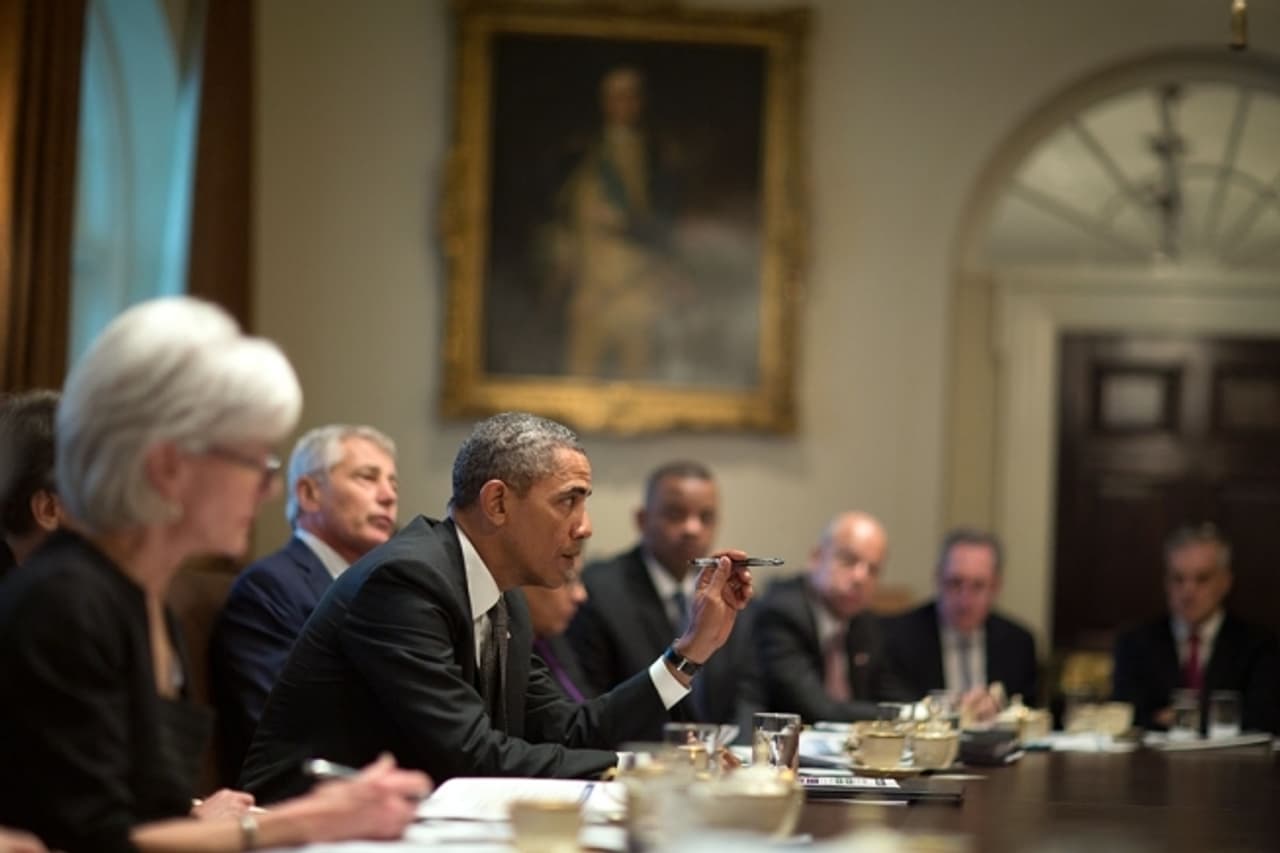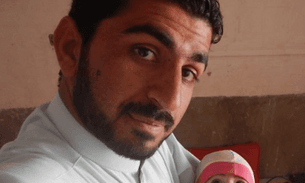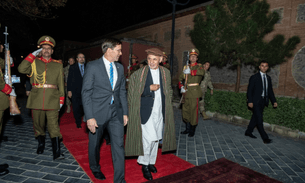
Pakistan drone strike pause is the longest of Obama’s presidency
The CIA has conducted 330 attacks in Pakistan under Obama (Photo: Pete Souza/White House)
The CIA has not bombed Pakistan for 55 days, the longest pause between drone strikes in Pakistan of Obama’s presidency yet recorded by the Bureau.
The CIA has not carried out a strike in Pakistan in 2014. The frequency of attacks in Pakistan has declined steadily since the peak in 2010 – but still there was on average a strike every two weeks in 2013.
Naureen Shah, Amnesty USA
The last drone attack was on December 25 2013 when 3-4 people were reportedly killed in a strike near Miranshah, capital of the North Waziristan tribal area.
However the hiatus does not necessarily mean the CIA’s drone campaign in Pakistan is permanently finished. Media reports last week suggested that Washington is currently considering targeting a US citizen with a drone. The target is reportedly in Pakistan but their identity is unknown. The Justice Department is currently building a case against the individual, Associated Press reported.
The pause in attacks has coincided with peace between the Pakistani government and the Pakistan Taliban (TTP). Pakistan has tried to get the TTP round a negotiating table several times in the past year. On at least four occasions the talks have reportedly been delayed or derailed by CIA drone strikes.
US officials told the Washington Post in early February that the CIA’s use of drones in Pakistan had been ‘sharply curtailed’ at Islamabad’s request to allow peace talks to proceed – although officials noted that the agency would still pursue senior targets or carry out strikes if it felt an attack was imminent.
A White House official denied the following day in an interview with NBC that the US had agreed to suspend strikes.
Naureen Shah, advocacy adviser to Amnesty USA, told the Bureau it remains unclear why the strikes have paused, despite her best efforts to find out. ‘It’s absurd that this many years into the drone progarmme we still get most of our news about it from conflicting leaks by senior US officials,’ she told the Bureau.
The lack of transparency means ‘we still don’t know if the reason why there haven’t been strikes is because there is a more stringent standard of who is an imminent threat… or is the reason there is no strikes just purely because of diplomatic reasons?’
Journalist Rahimullah Yusufzai, who is part of a team negotiating with the TTP on behalf of the government, confirmed to the Bureau that the Pakistani government had requested such a hiatus.
‘Pakistani officials have discussed this with the US ambassador [to Pakistan] and said that serious talks would be derailed by a drone strike,’ Yusufzai said. ‘Today was the first round of talks and if there were no drone strikes it would create a very good atmosphere for the talks to go ahead.’
However the talks have foundered on persistent violence by the TTP. Scores of people have been killed in terrorist attacks throughout January and February this year. Notably, TTP militants killed as many as 13 policemen in a car bomb attack in Karachi on February 14. And on February 16 the TTP said it had executed 23 Frontier Corps soldiers it had held in captivity since 2010. The men were killed in retaliation for ‘the deaths of our imprisoned comrades by the Pakistani intelligence agencies’.
Today also marked 86 days since activists from the PTI, the opposition party headed by cricketer-turned politician Imran Khan, began stopping Nato convoys passing through Khyber Pakhtunkhwa province. The blockade began following a drone attack on November 21 that hit a madrassa outside the tribal areas.
Related story – Is Pakistan drone strike hiatus linked to peace talks?
The current hiatus is now longer than the 54-day pause between strikes in November and December 2011, during a period of significant tensions between the two allies.
Relations between Pakistan and the US were tested repeatedly throughout 2011. In January, a CIA contractor named Raymond Davis killed two men on the streets of Lahore. Four months later US Special Forces killed Osama Bin Laden in a secret raid that saw US troops operate deep within Pakistani territory. And in November relations hit a new low when the US killed 24 Pakistani border guards in a botched air strike.
The CIA had been operating drones from the Shamsi airbase in Pakistan until this point. But in early December 2011, with relations at a nadir, Islamabad demanded the US withdraw its forces from the base, including its drones. The CIA’s drone fleet now operates from Afghanistan.
This latest – and longest – pause comes as the future of the CIA’s drone programme is uncertain. The US could be forced to pull its forces – drones included – out of Afghanistan if Washington and Kabul do not sign an agreement of the terms under which US forces will remain in the country beyond 2014.
Reports indicate that the CIA may seek a base elsewhere in Central Asia to continue launching strikes against militants in Pakistan. Tajikistan, Uzbekistan and Kyrgyzstan have all been mentioned by media reports as possible hosts for new drone bases.
So far this year there have been four possible US covert drone attacks in Yemen, and a US military drone strike in Somalia.
Follow Jack Serle on Twitter. Sign up to the drones newsletter and subscribe to the podcast.


